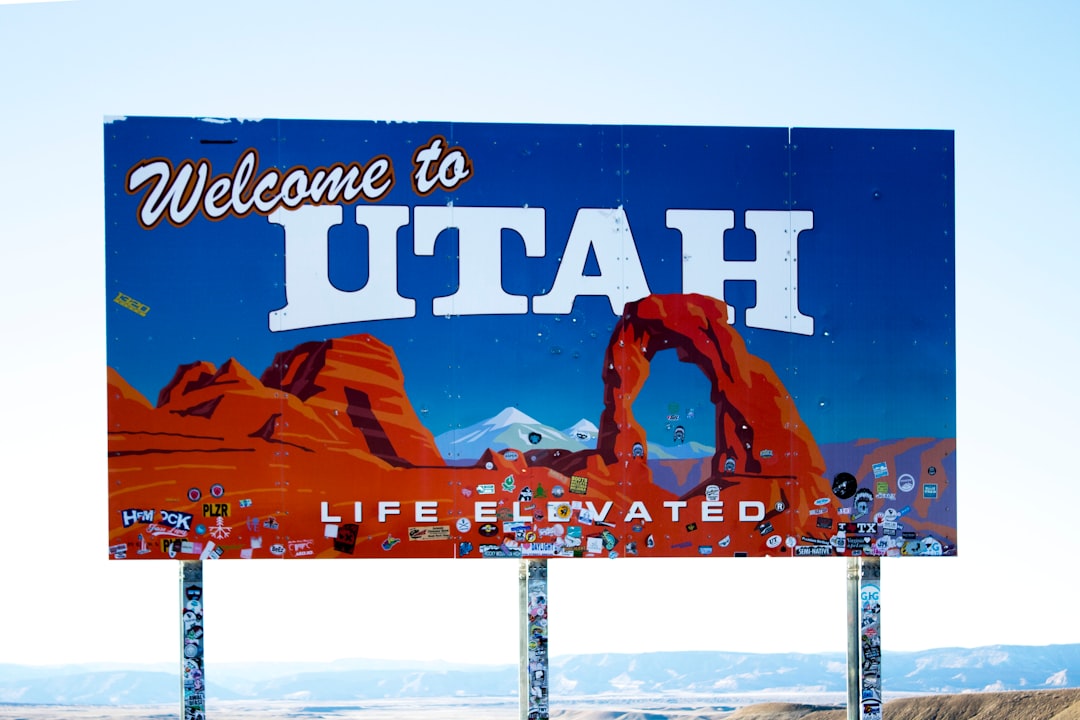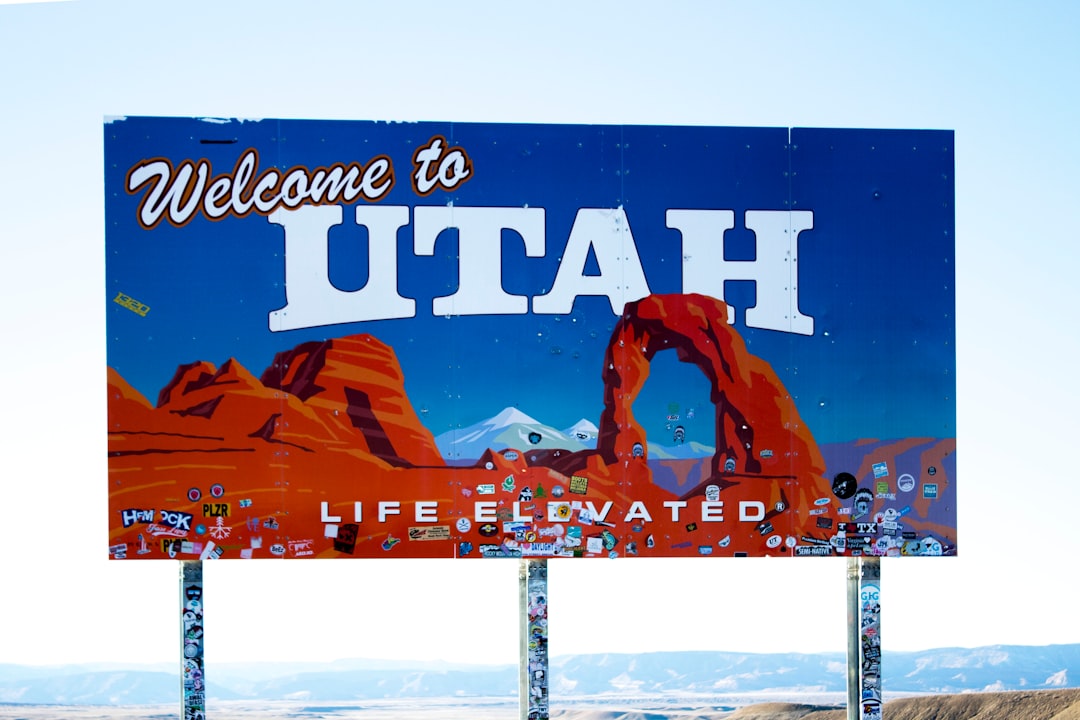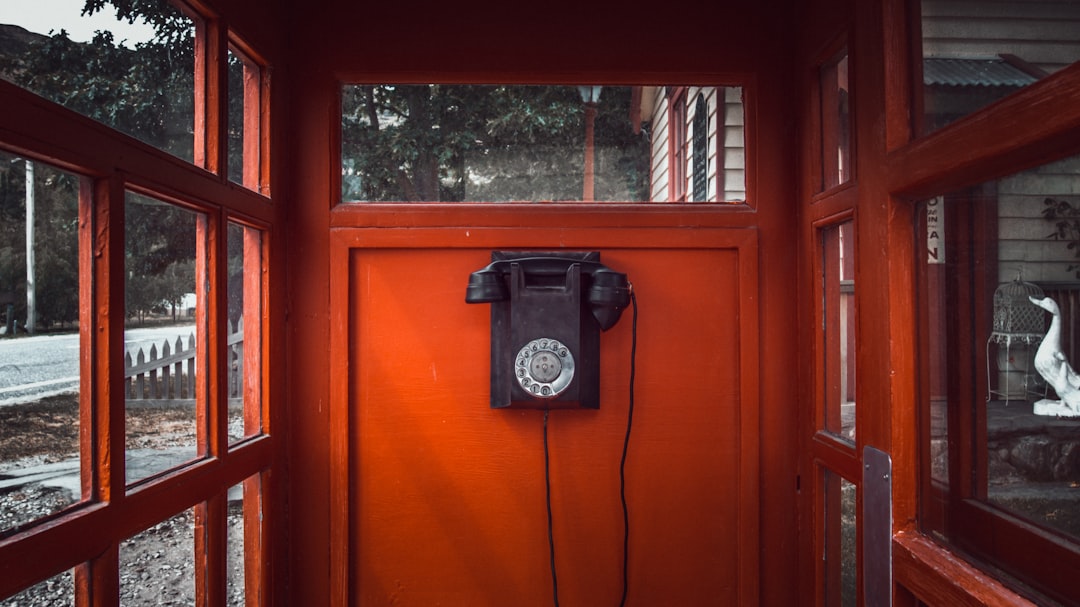Utah residents facing excessive or harassing political phone calls during election season are protected by the Telephone Consumer Protection Act (TCPA) and can consult an unwanted call attorney in Utah for guidance. By understanding FTC regulations, political campaigns can respect consumer preferences while individuals can register on the National Do Not Call Registry, politely decline calls, or take legal action through specialized attorneys to stop intrusive campaigns.
In Utah, election season brings an influx of political phone calls, some unwanted. Understanding your rights and navigating regulatory bodies like the Federal Trade Commission (FTC) is crucial. This guide deciphers legal perspectives on telemarketing, outlines your rights as a Utah resident, and provides strategies to handle persistent calls. Learn when to involve an unwanted call attorney Utah for aggressive action against intrusive campaign calls during this dynamic period.
Understanding Unwanted Calls During Elections: A Legal Perspective

During election season, Utah residents often experience an influx of unwanted calls from political campaigns and other entities vying for votes. While these calls are a common part of the electoral process, they can be intrusive and frustrating for many. From a legal perspective, understanding your rights regarding these calls is essential, especially when you consider that there are strict regulations in place to protect consumers from excessive or harassing phone contact.
In Utah, as in many states, the Telephone Consumer Protection Act (TCPA) restricts certain types of telemarketing calls, including those made for political purposes. A unwanted call attorney in Utah can help navigate these laws and provide guidance on how to handle intrusive election-related calls. It’s crucial to know your rights and options if you feel these calls violate your privacy or become too frequent.
The Role of the Federal Trade Commission (FTC) in Regulating Political Telemarketing

During election season, political telemarketing can become a nuisance, especially for those looking to avoid unwanted calls. The Federal Trade Commission (FTC) plays a crucial role in regulating this practice. As the primary consumer protection agency in the United States, the FTC enforces laws that protect consumers from deceptive or harassing marketing tactics, including political telemarketing.
In Utah, where election-related activities are common, understanding the FTC’s regulations is essential for both political campaigns and consumers. Unwanted call attorneys in Utah can help individuals navigate these rules, ensuring their rights are respected. By adhering to FTC guidelines, political organizations can effectively communicate with supporters while minimizing the impact of unwanted calls on those who prefer not to be contacted during elections.
What Are Your Rights as a Utah Resident During Election Season?

As a Utah resident, you have specific rights during election season when it comes to unwanted calls, especially from political campaigns. According to the Telephone Consumer Protection Act (TCPA), your phone lines should be free from harassing or abusive calls, including those related to politics. This federal law grants you the right to refuse certain types of political telemarketing calls and texts, and it restricts when and how political campaigns can contact you.
If you receive unwanted calls from a campaign or political organization, you have several options. You can register your number on the National Do Not Call Registry, which will automatically block many political calls. Additionally, you can ask the caller to remove your number from their list, and they are legally obligated to comply. If you feel your rights have been violated, consulting with an unwanted call attorney Utah is advisable. They can help navigate the legal aspects and ensure your rights are respected throughout the election season.
Strategies for Dealing with Persistent Political Phone Calls

Dealing with persistent political phone calls during election season can be frustrating, especially if they disrupt your daily life or peace of mind. If you’re receiving unwanted calls from political campaigns or supporters, there are several strategies to employ. One effective approach is to register on a state or national “Do Not Call” list specifically designed for political calls. This federal list, known as the National Do Not Call Registry, allows you to opt out of most telemarketing and political calls. However, keep in mind that certain organizations may still call even if you’re listed.
Engaging with callers respectfully can also help. Politely inform them that you are not interested in supporting their candidate or cause at this time. If the calls persist, consider consulting an unwanted call attorney in Utah who specializes in election law and can guide you on legal options available to stop these intrusive phone campaigns. Remember, knowing your rights and taking proactive steps is key to enjoying a quieter period during this active election season.
When to Involve an Attorney: Taking Action Against Unwanted Campaign Calls

If persistent and harassing behavior from political campaign calls occurs, it may be time to involve a unwanted call attorney in Utah. While many unwanted calls are merely an annoyance, some can cross into illegal territory, especially when they violate do-not-call lists or use deceptive tactics. An attorney specializing in this area can help you navigate the legal aspects of dealing with political campaigns and protect your rights.
They can send cease-and-desist letters to the offending campaigns, threatening legal action if the calls continue. In some cases, they may be able to file a lawsuit on your behalf or represent you if a campaign is charged with telemarketing violations. Consulting with an unwanted call attorney in Utah is advisable when you feel your rights have been infringed upon and standard consumer protection measures haven’t resolved the issue.






